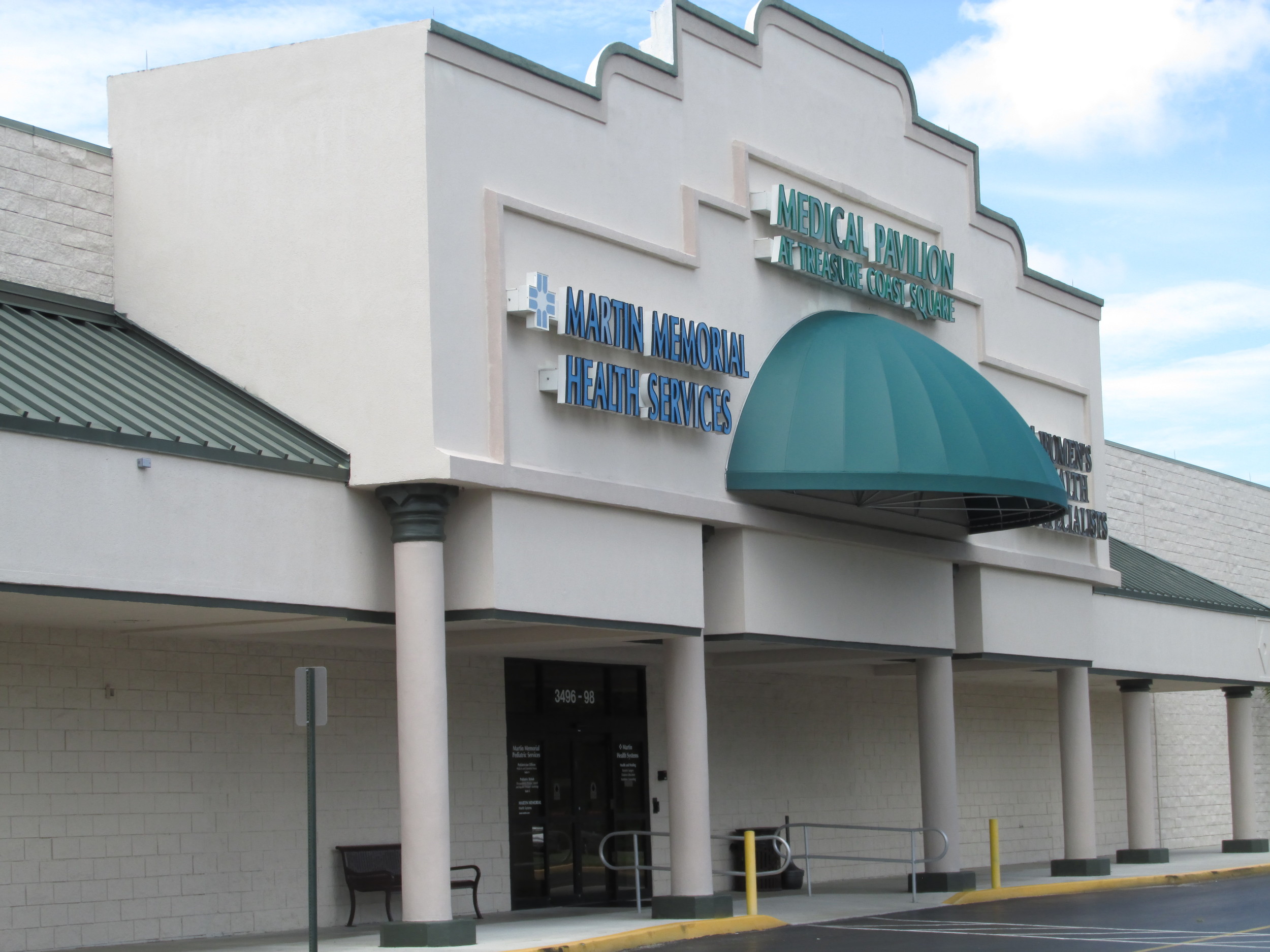Jensen Beach - Dr. Benita Thomas has found that it matters not where one resides, but the ability to overcome the diagnosis of metabolic syndrome relies more upon access to knowledge.
Metabolic Syndrome is a combination of medical disorders in the body which are a downward slide toward morbidity. Cancer and cardiovascular risk goes up for those with metabolic syndrome.
Dr. Benita Thomas
Consisting of hypertension, diabetes (type 2) and high cholesterol, the American Heart Association reports that approximately 35% of the U.S. population fits the metabolic profile.
Metabolic syndrome affects both the medically served and underserved.
Communities which are served, are those with access to primary physicians. The U.S. Department of Health and Human Services (HRSA) states that those which are underserved have shortages of primary care providers.
Dr. Benita Thomas, a board-certified family medicine physician, formerly with the Florida Department of Health in St. Lucie County, has found that it matters not where one resides, but the ability to overcome the diagnosis of metabolic syndrome relies more upon access to knowledge.
Dr. Thomas has served the underserved of St. Lucie County, Florida since 2006. She reports that approximately 40-50% of her patients have metabolic syndrome. More importantly, they get well.
BackStory: Following in the footsteps of her paternal and maternal grandfathers, Dr. Thomas determined to be a physician after returning to her parents' native India to volunteer as a college intern at the Ramabai Mukti Mission. There she shadowed a doctor who filled many specialists’ roles—OBGYN, primary care, pediatrics, and even surgery. The Ramabai Mukti Mission was created to help orphaned girls. The bare bones facility grew, becoming a clinic and surgery center. It made a positive difference in the community.
Returning to the U.S., Thomas graduated from Rutgers and completed medical school at Ross University in Dominica, West Indies. Her rotations were in England for one year, and then New York. Following this, she completed Residency in Miami at Jackson Memorial Hospital. She began working at the Camillus Health Concern in Miami.
Camillus too focused on the underserved. Dr. Thomas even helped the homeless living under the bridges in Miami where she and her nurse went to the people.
In the world of medicine, many physicians do not wish to serve the underserved. Dr. Thomas, however, has found the work invaluable, as it has taught her much.
Unable to refer the underserved to specialists, Dr. Thomas has often been the only physician available to her patients. Her medical philosophy focuses on the whole person as many factors are a part of a patient’s current health or illness. 'What is his financial situation? How about her emotional health? What is going on in the patient’s life?' Dr. Thomas attempts to get to the root of the matter, doing as much as she can herself. For example, in the past, she has uncovered depression and anxiety as the underlying conditions when heart palpitations were exhibited.
Dr. Thomas offers her own counsel on diet and exercise, joined with a prescription for Metabolic Syndrome. And she has seen her patients who have followed recommendations come off medicine.
When Dr. Thomas arrived at the Department of Health in St. Lucie County, she found that there was a need for information and more medicinal and financial assistance. She began to research. Her findings have given life-helping information to her patients.
A few of Dr. Thomas’s findings:
Medication: Few underserved patients can afford medication. Most have no insurance. Partnership for Prescription Assistance, Rx Outreach and later $4 generic programs were available to fill this gap.
Mammograms: When a lump was detected, but the patient had no money for a mammogram, Dr. Thomas contacted the Breast Health Navigator Program. This program covers the cost for the patient. It is funded by a grant, in part by the Komen Foundation and the Pink Tie Friends.
Lupus/Osteo and Rheumatoid Arthritis: A specialist is often necessary to oversee the care of a patient with these types of immune-modulated conditions. Dr. Thomas contacts the Arthritis Foundation, which sets the patient up with a rheumatologist. The visits are free if the patient qualifies.
The list continues for those who need a CT scan, insulin, and diabetic supplies.
Photo Credit: Kelly Jadon
Dr. Benita Thomas will be joining the Martin Medical Group, a part of Martin Health System, beginning in October. Martin will be opening a new site for primary care at the Medical Pavilion at Treasure Coast Square in Jensen Beach, Florida. Dr. Thomas is excited to be a part of this opportunity. There will be an emphasis on "wellness," with links to such resources as a dietician, nurse case managers, diabetic educators, and a gym. Working as a team, these members will be of utmost help to Dr. Thomas and other primary care physicians in helping to manage metabolic syndrome in a cooperative way.
Dr. Benita Thomas is an exemplary physician. Her concern is always first for her patients. The time and knowledge she has provided them has saved lives and improved health.
Dr. Thomas resides in Jensen Beach, Florida. To contact Dr. Thomas about her research and programs, please email her at benitat@yahoo.com
HAVE A HERO TIP? Hometown Heroes are in every town and city. They are regular people who have made a positive difference in their community, impacting others for the better. Send your Hometown Hero tip to Kelly Jadon kfjadon@gmail.com or find her online at kellyjadon.com.
© 2013 "Hometown Heroes" Kelly Jadon



